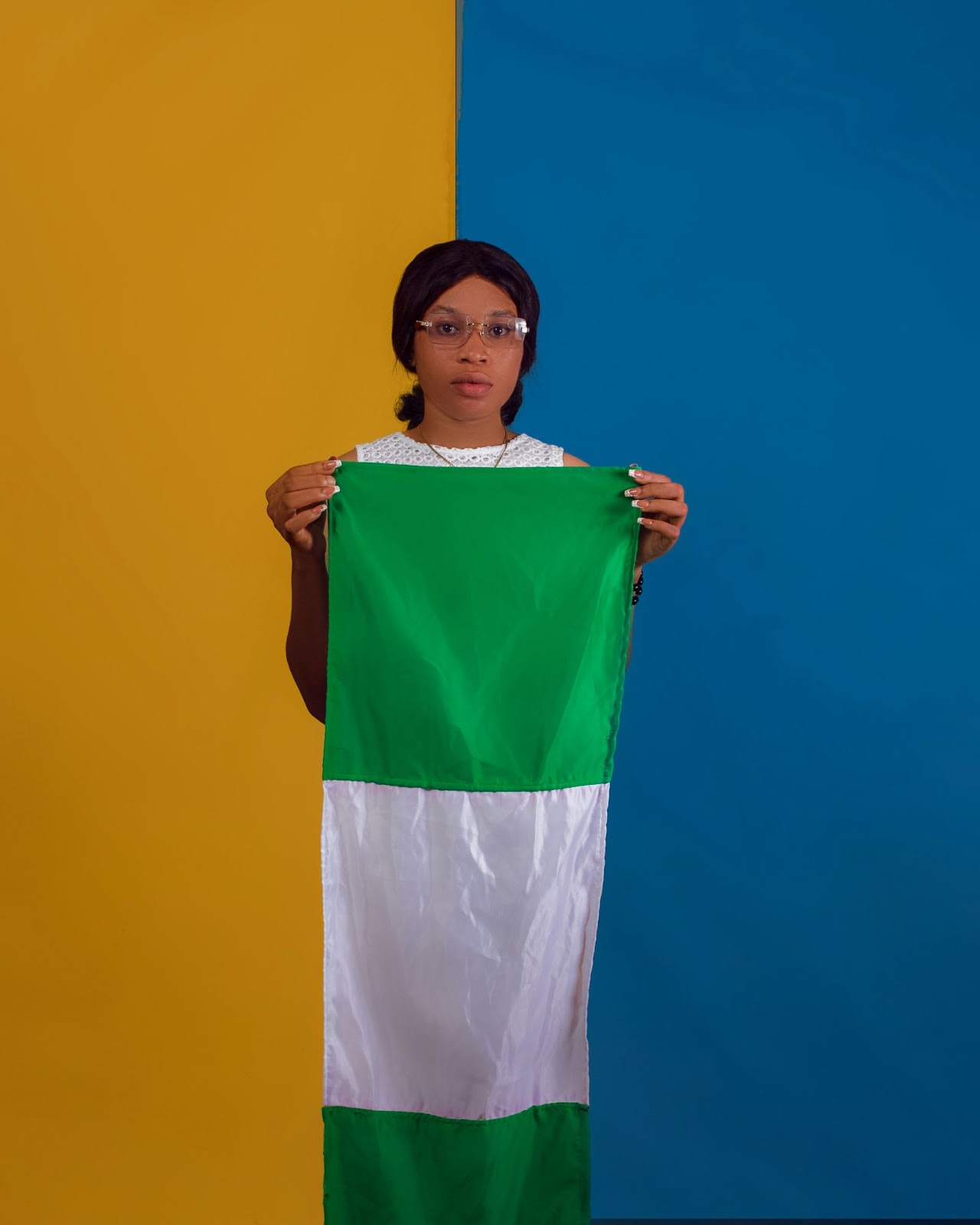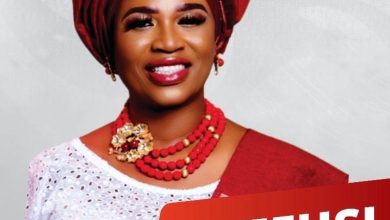Nigeria’s inclusion of women in political scene, a facade

|
Getting your Trinity Audio player ready...
|
Politics in Nigeria is almost like a game, but this game is no child’s play, and many women are still waiting for their turn at the table. Despite the incredible contributions of women every day, they still have to bite and claw their way into seats in the corridors of power. It is frustrating to see such low political representation when women have so much to offer!
The conversation around gender quotas is heating up too, but are they really a step toward true representation, or just a shiny façade that makes it look like things are changing? It’s time to dig deeper into this struggle and see what’s really going on!
What’s happening with gender representation?
Since 1999, the year Nigeria returned to democratic rule, there have been huge hurdles for women to participate in politics. Nigerian women make up more than 50% of the population yet only have a small percentage of elective seats.
The 35% representation of the National Gender Policy is being compromised by gross underrepresentation due to economic pressure and cultural traditions, so yeah, gender quotas.
I talked to a few female politicians to understand how affirmative action works. For example, Ute Amedu, a grassroots politician, wanted to run for state assembly but did not have the money or the party backing.
“In this country, it is increasingly difficult for women to participate in politics. Gender quotas may get us into office, but it does not address any of the issues that have kept us from being successful in politics in the first place. We are rarely given any serious or leading political positions, no matter our qualifications,” Amedu says.
Another women’s rights defender, Hauwa Usman, agrees that quotas alone are not enough to achieve gender equality.
“Do you know there is no legislative basis to require political parties to nominate a certain number of women? This is why systemic change is needed.”
Tokenism vs. genuine representation
One area of contention is whether gender quotas result in true representation or are merely symbolic. Gender equality advocates argue that quotas can lead to tokenism, where women are positioned solely based on numerical criteria without actual authority or influence.
“It’s not enough to just have women in seats; they need to be empowered to make decisions,” said Morenikeji Olonilua, a Development Communications Specialist. She drew attention to the fact that many women elected under quota systems sometimes find their opinions disregarded in important debates in favour of those of males.
In Nigeria, culture and financial limitations heavily influence women’s involvement in politics. Implementing gender quotas is made even more difficult by traditional views and financial limitations that often result in an undervaluation of women’s contributions.
As Amedu states, “high nomination fees and costs of campaign keep many women who would otherwise be interested in running for public office from doing so.”
Good examples
Owing to Rwanda’s dedication to gender equality, women’s representation in parliament has greatly increased. This has served as a model for other nations looking to boost female participation in politics.
However, political analyst Muhammad Ali suggests a legislative framework for mandatory female candidate representation.
“Nigeria must take gender quotas seriously if it ever hopes to eradicate systemic barriers to women’s participation in politics.”
What now?
Kenneth Nnaji, a women’s advocate, argues that legislation should be implemented to eliminate structural barriers to women’s political participation, given Nigeria’s challenges in enforcing gender quotas.
“Funds can be exclusively designed to help women candidates with training and campaign expenses, public awareness campaigns emphasising the value of female representation, and mentoring schemes that match aspiring female politicians with experienced mentors.”
Nnaji goes on to say that there are numerous obstacles to true representation for women in Nigerian politics, but there is equally hope for progress.
“While gender quotas can serve as an important tool for increasing female participation, they must be accompanied by comprehensive reforms that address the underlying issues of cultural bias and economic disparity.”
As Nigeria pushes for a more inclusive government, it is clear that it’s not just about filling seats; it is about making sure women actually have a voice when they get there! Experts are all on the same page: for real change to happen, policymakers, political parties, and civil society need to join forces. We cannot settle for tokenism; we need to create an environment where women can not only sit at the table but also grab the microphone and make their voices heard.
Editor’s note: This post was first published on CrispNG.






